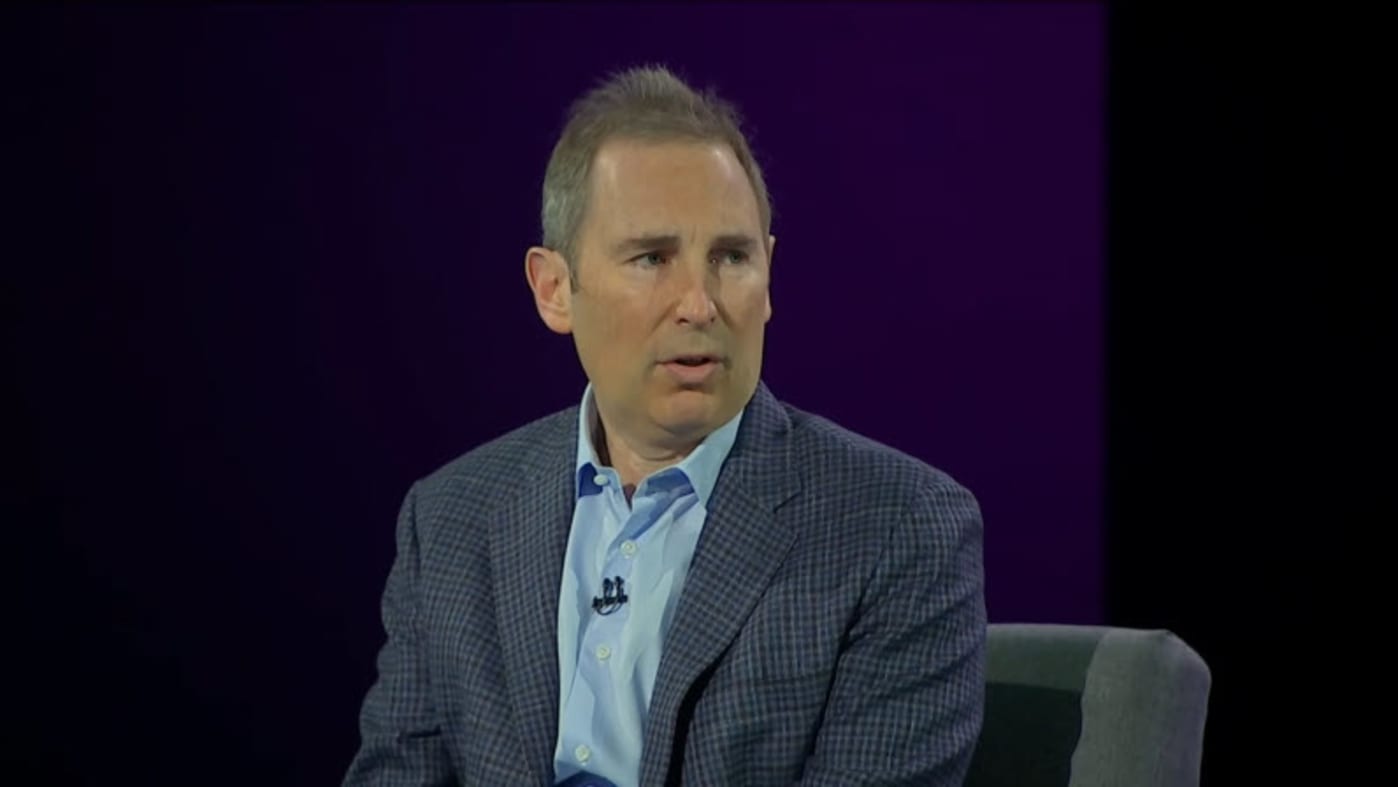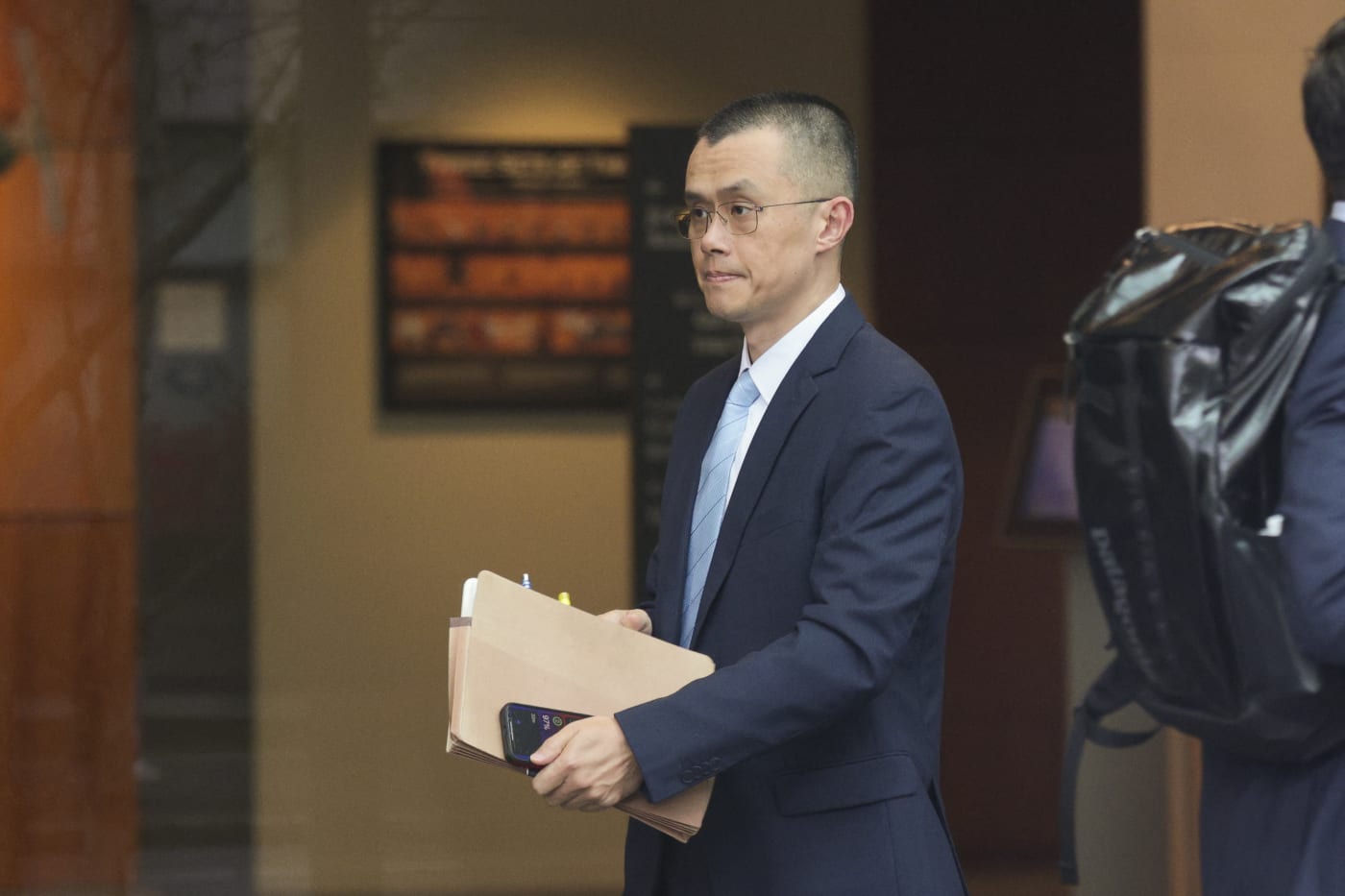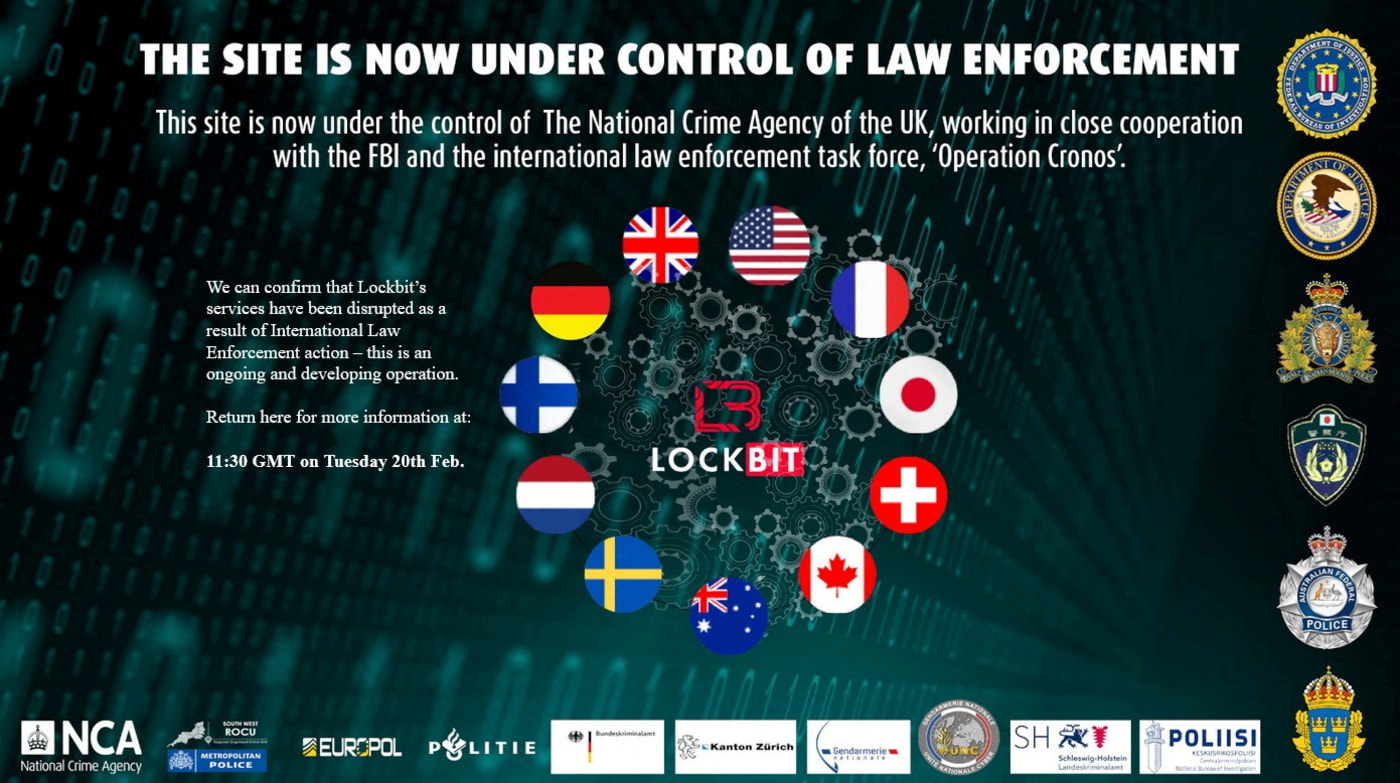Hack and payback Instagram scammer gets nabbed after bragging about it on a podcast
A guest who appeared on the No Jumper podcast to boast about a hack and payback scheme involving his victims’ social media accounts could face federal charges. Idriss Qibaa, also known as “Dani” and “Unlocked” who authorities allege ran the social media hacking site Unlocked4Life.com, faces two criminal felony counts filed by the US Attorney's Office in Nevada for allegedly violating interstate communications laws for threats he issued in text messages to two victims and members of their families, according to documents obtained by 404 Media.
Investigators filed the sealed complaint against Qibaa on July 25 and issued a warrant the following Monday when also made his first initial appearance in court, according to federal court records.
The criminal complaint states that the FBI received a tip about Qibaa’s alleged extortion scheme on April 1 pointing to an appearance he made on the No Jumper podcast hosted by Adam22, also known as Adam Grandmaison, back in January under his pseudonym “Dani.” Qibaa outlined a financial scheme using over 200 victims’ social media accounts in which he would lock them out of their pages and charge them to regain access.
He also boasted that he made about $600,000 a month from his activities and hired two security guards to follow him.
“You’re making $2 million a month off your Instagram and Telegraph,” Qibaa says on the podcast. “I come and I take it away and make you pay for it back and I make it public and I post it and I expose you.”
Qibaa even said on the podcast episode that he pulled the scheme on celebrities who unknowingly kept paying him to get their social media back. He later noted “I’m very petty” followed by a menacing laugh.
“I’ve talked to stars who have told me that they’ve paid to get it back 20 times over and over and over they just have to keep paying to get it back,” Qibaa says, “and I’m like you realize what’s happening to you right like the same that’s getting you it back is…you’re getting extorted.”
The criminal complaint tells the story of eight victims’ encounters with Qibaa and his services. One identified as “J.T.” operated two Instagram accounts: a cannabis news aggregate account called “theblacklistxyz” and a cannabis merchandising store under “caliplug,” both of which are currently set to private. J.T. reached out to Qibaa asking if he could obtain a username. Qibaa quoted a price back between $4,000-$5,000. J.T. refused to take Qibaa up on the offer and Qibaa responded with threats.
“Qibba told J.T. that J.T. had wasted Qibaa’s time, blocked J.T.’s Instagram pages and demanded $10,000 to reinstate it,” the complaint reads. “J.T. offered Qibaa $8,500 to reinstate the account, an offer Qibaa accepted.”
The complaint asserts that Qibba reached out to J.T. two more times. The first time, Qibba asked if J.T. would promote his Instagram page under the username “unlocked4life” that’s since been taken down. J.T. agreed but when he learned Qibaa had been threatening and extorting other victims, he confronted Qibaa and “Qibaa was irate.”
A few months later, Qibaa apparently increased the scope of his threats to J.T. and members of his family. He sent threats to call the victim’s ex-wife’s lawyer and child protective services on his kids. Screenshots of the victims’ phone show Qibaa allegedly identifying the address and phone number of the victim’s sister. He texted another family member and introduced himself as “The guy that’s gonna murder your drug dealer brother. Tell him Unlocked says hi though. We have your entire family’s info.”
Another victim identified as a journalist and comedian with the initials “E.H.” learned they were a target of Qibaa’s illegal services. Qibaa blocked their Instagram account, the name of which was redacted, at the request of a dentist in California who treated them. E.H. reached out to the Unlocked4Life account and received a reply that read, “Yo its Idriss.” He then told E.H. to pull up the No Jumper podcast episode featuring his interview. Qibaa not only took the victim’s Instagram account access away but also threatened to take their Social Security number and “blast it out” if they didn’t pay him $20,000.
According to the complaint, not even restraining orders could make Qibaa leave his victims alone. One named “R.B.” received a restraining order from Los Angeles County Superior Court in July but “Unblocked” responded, “Cute restraining order..last I checked you’re still gonna die.” Then “UNLOCKED UNCENSORED” posted on Telegram, “$50,000 reward for whoever sleeps BO this week.”
Perhaps the most disturbing threats happened to several victims in which Qibaa claimed he’d happily go to jail if payments weren’t made to him. Screenshots of the text chains show a person named “Dani” and “Daniel” telling his victims, “I will come and shoot you myself,” “I’m going to bury you for this shit” and “D., L., J., T., Children-Main Targets” referring to the victims’ children.
Another text chain shows Qibaa allegedly threatening someone that he would “rather take a life sentence for murdering you then this,” “Idc if I have to shoot you my self [sic]” and “I’ll go to jail happily.” He follows the text with the threat “Here’s the last guy that came to take photos / came near my home” and sends three pictures of an unidentified bearded man, his car and a photo of his badly bruised and bloodied on the ground.”
Adam22 concluded his podcast interview with “Dani” saying he was “very excited to see the fallout from this” and “I respect the hustle even though I can’t justify it on a moral level.”
This article originally appeared on Engadget at https://www.engadget.com/hack-and-payback-instagram-scammer-gets-nabbed-after-bragging-about-it-on-a-podcast-202509349.html?src=rss
©

© Screenshot from YouTube










